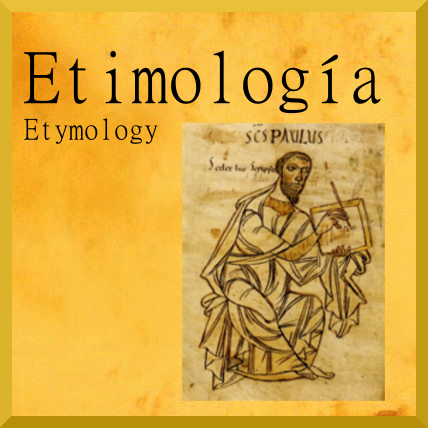The author of this course is Prof. Kalogeropoulos whom you have already met through a previous post. His areas of interest are Latin and Ancient Greek. The Course in the Etymology of Italian Words he proposes, aims at a deeper understanding of the Italian language through the examination of the Latin or Greek origin of modern Italian words. Here is his didactic proposal.
“Ab ovo up to Ωmega”
How many times have we heard that “Latin and Ancient Greek are useless languages”, or that “They are dead languages no one speaks anymore.”? Countless times indeed!
However, Latin and Ancient Greek are anything but ‘dead languages’; they are just ancient ones. If ancient languages were actually ‘dead’ as so many people believe, modern ones would not even exist today. Italian is in fact the natural continuation of Latin and Ancient Greek: about 75% of the Italian words in use today are of Latin origin; likewise, a great number of technical, scientific, political, linguistic and religious terms to name a few are derived from Ancient Greek.
Think about the questions here below. In order to answer them, one must travel back in time to an era when Ancient Athens was still thriving or when Ancient Rome was the centre of the known world. Understanding ancient languages and cultures means truly understanding our modern language and culture.
- What is the real meaning of ‘ciao’ we use every day?
- Why do the Italian ‘mercati’ (weekly outdoor markets) usually take place every ‘mercoledì’ (Wednesday)?
- Why does ‘Ottobre’ (October) contain the number 8, while it is the tenth month of the year?
- Does ‘malinconia’ (melancholy) have a specific colour?
- What’s wrong with entering a place ‘col piede sinistro’ (with your left foot)?
- What do ‘alba’, ‘albume’ e ‘album’ (down, albumen and album) have in common?
- In which language were the first ‘romanzi’ (romances) written?
- Why do ‘neolaureati’ (freshly graduated students) wear a laurel wreath?
- Why is the number 17 considered unlucky in Italian culture?
- Have ‘idioti’ (idiots) existed since Antiquity?
- What do you eat with your ‘compagni’ (companions)?
- Can a ‘vade mecum’ walk?
- If one is ‘sarcastico’ (sarcastic), is he a cannibal too?
- Is there anyone inside us during an ‘entusiasmo’ (enthusiasm)?
In other words, Latin and Greek are useful not only to know the Italian orthography (ὀρθός + γραφή = the correct writing), but also the etymology (ἔτυμος + λόγος = the true sense, the original meaning) hidden behind each word and the history (ἱστορία = the learning or knowing by inquiry) of a country’s uses and customs. In short, they meet the needs of enriching one’s general culture; not to mention your ability to impress your friends with your knowledge!
If you want to find the answers to questions such as the ones above, and really understand the history behind many other Italian words and expressions, the Course in the Etymology of Italian Words “Ab ovo up to Ωmega” is what you need! It is an exciting novel approach to consolidating and strengthening one’s deep understanding of the Italian language.
In order to benefit from the Course in the Etymology of Italian Words “Ab ovo fino all’Ωmega”, remember that:
|
For further information, please write to: info@italianvirtualschool.it |

You must be logged in to post a comment.